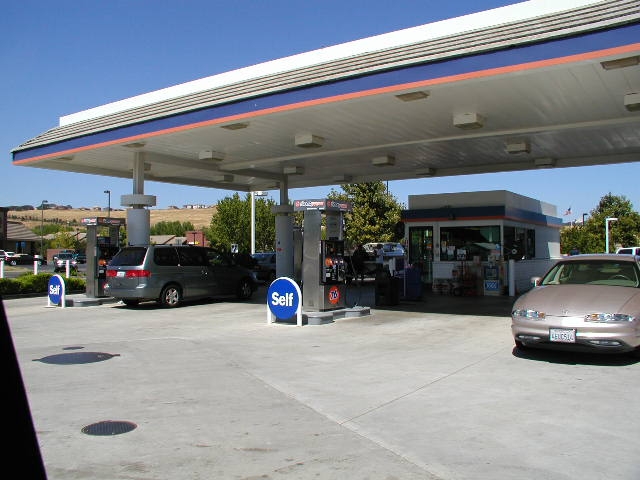What Is Flex Fuel?

A flexible-fuel vehicle (FFV) is a vehicle with an internal combustion engine capable of operating on a mixture of fuels, typically gasoline and ethanol.
Though it's possible to design a flex-fuel engine to run on pure ethanol (a grain alcohol produced by fermenting plant sugars from corn, sugarcane or other crops), FFVs in the United States are optimized to use E85, a gasoline-ethanol blend containing 51 to 83 percent ethanol, according to the U.S. Department of Energy.
This ethanol percentage ensures that the vehicle is able to start in cold-weather conditions, and the actual composition of E85 varies depending on geography and season.
The gas tank of an FFV doesn't have to contain all gasoline — which, in the United States, is usually a gasoline-ethanol blend containing 10 percent ethanol — or all E85. This is because the vehicles have a special sensor that measures the ethanol content in the fuel system and automatically "tunes" the engine to handle the fuel accordingly.
In 2011, there were nearly 11 million alternative-fuel vehicles in the United States, 10 million of which were FFVs, according to the U.S. Energy Information Administration. However, the EIA estimates that only 1 million of those FFVs actually used E85, likely because most owners don't always realize they have a choice of fuel.
Flex-fuel vehicles experience no difference in power, acceleration, payload or cruising speed when using E85 rather than gasoline. But ethanol contains less energy per volume than gasoline, so FFVs get 25 to 30 percent fewer miles per gallon when running on E85 instead of gasoline.
Typically, FFV owners using E85 get less mileage per dollar than people using regular gasoline. However, the EIA states that recent declines in E85 prices will close that gap, at least in Midwestern states.
Sign up for the Live Science daily newsletter now
Get the world’s most fascinating discoveries delivered straight to your inbox.
There are several benefits of using ethanol, according to the U.S. Environmental Protection Agency. For one, ethanol is a locally produced, renewable fuel that could reduce the country's dependence on foreign gasoline. Additionally, E85 results in fewer greenhouse-gas emissions, as well as fewer emissions of the carcinogen benzene, than gasoline does.
Follow Joseph Castro on Twitter. Follow us @livescience, Facebook & Google+.











